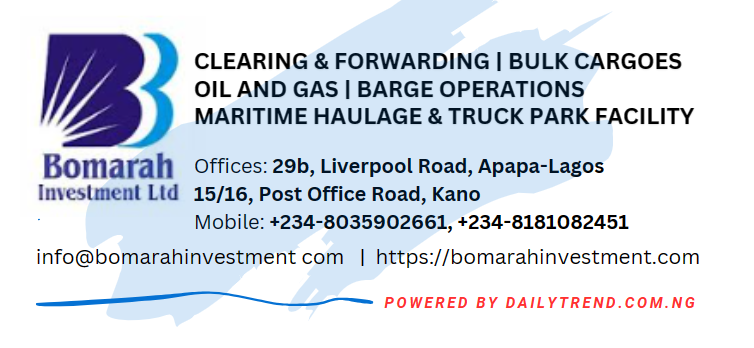Shipping Company Introduces Tracking Device on Reefer Containers

Hamburg-based carrier, Hapag-Lloyd’s has said it will equip its entire fleet of roughly 100,000 refrigerated (reefer) containers with tracking devices from Danish hardware maker Globe Tracker.
This is coming few days after Maersk, CMA CGM announced its decision to equip 50,000 containers each with sensors from Marseille-based technology provider Traxens.
Terminal operating software maker Navis this week also tied up a partnership with Israel-based Loginno, another sensor maker aiming to equip shipping lines with devices to track key data from container movement.
The idea is to reduce the dependence of shippers and freight forwarders on carriers providing status updates on the whereabouts and condition of in-transit containers. Those updates are generally provided via electronic data interchange (EDI) or more rudimentary formats, including email or text. By giving customers access to GPS-based location of containers, data can theoretically be obtained more completely, accurately, and faster.
But carriers will price such services accordingly, in part to defray the investment in physical tracking technology. Carriers have been relatively cautious in there investments in Internet-of-things sensors, generally starting with high-value and high-risk cargoes — such as refrigerated, preishable freight — as shippers are more willing to pay a premium in order to track those shipments.
The installation of the Globe Tracker devices are part of the broader Hapag-Lloyd LIVE monitoring program. “As the program is designed to fit customers’ needs, Hapag-Lloyd intends to develop commercial products in close cooperation with its customers in order to adapt the solution even further,” the company said in a statement.
Hapag-Lloyd said T-Mobile Austria and Ericsson will support its monitoring project by providing global connectivity and infrastructure to integrate the sensor data into existing Hapag-Lloyd software and services.
The implementation of trackable container technology should also be considered within the context of Hapag-Lloyd and other carriers banding together to develop data standards as part of the new Digital Container Shipping Association (DCSA). That group, which includes Hapag-Lloyd and seven of the other biggest global container lines, has emphasized how standards might empower carriers to provide better technology solutions and more frequent updates to those solutions.







